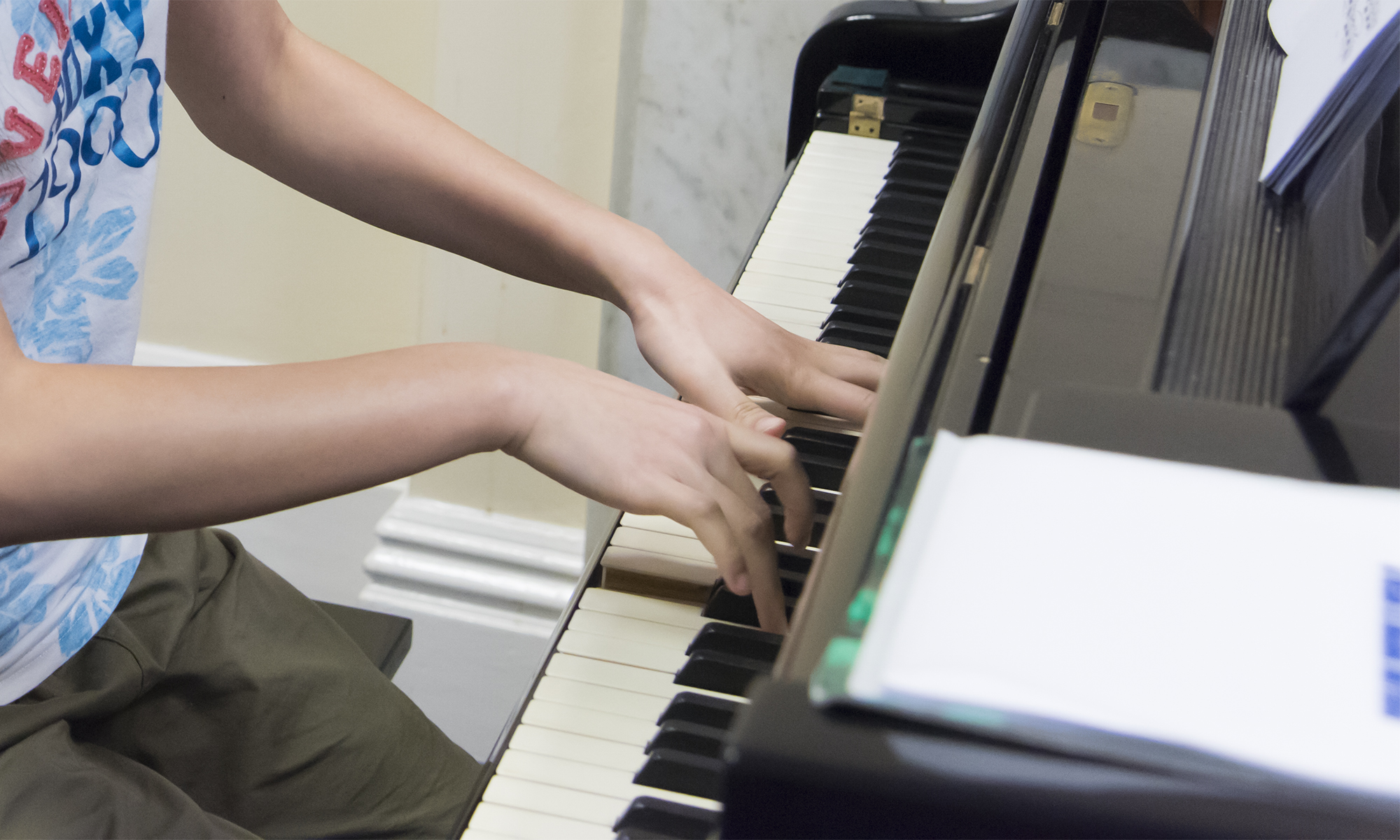Defined loosely, keyboard skills are skills that allow you to be creative on the piano keyboard, which also means not playing what is written on the score. For example, to play the music in another key (transposing), to add ornaments and scales for expressive or decorative purposes, or just to improvise. Improvising is a very useful skill when sight-reading chamber music, as the piano part is often too difficult to play by sight and we need to improvise something playable to provide harmonic support for the chamber partners. The same applies to sight-reading solo pieces, but in this case we will need more than just the harmonic skeleton and also follow the melodic contour.
All this requires an awareness of harmony—a key component of the ABRSM Theory Exams and Aural Tests—and by improvising and transposing, we can see, hear and feel the chords at the same time instead of just engaging one of the three learning methods.


